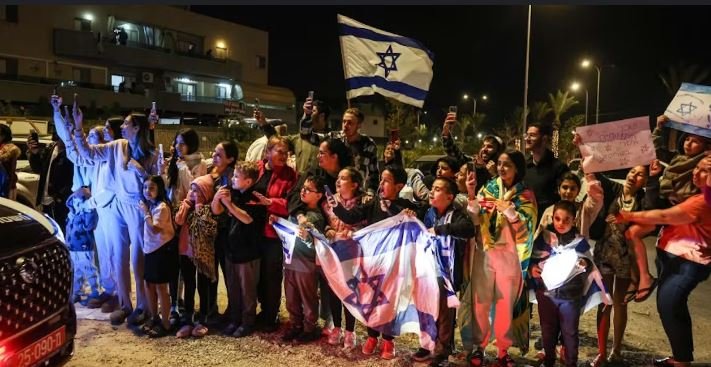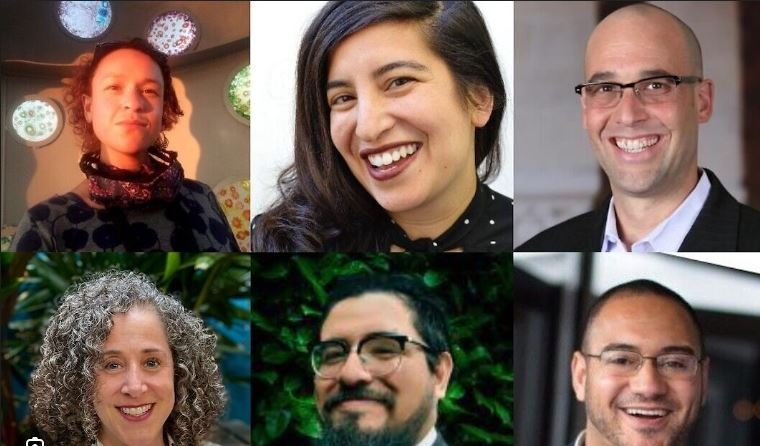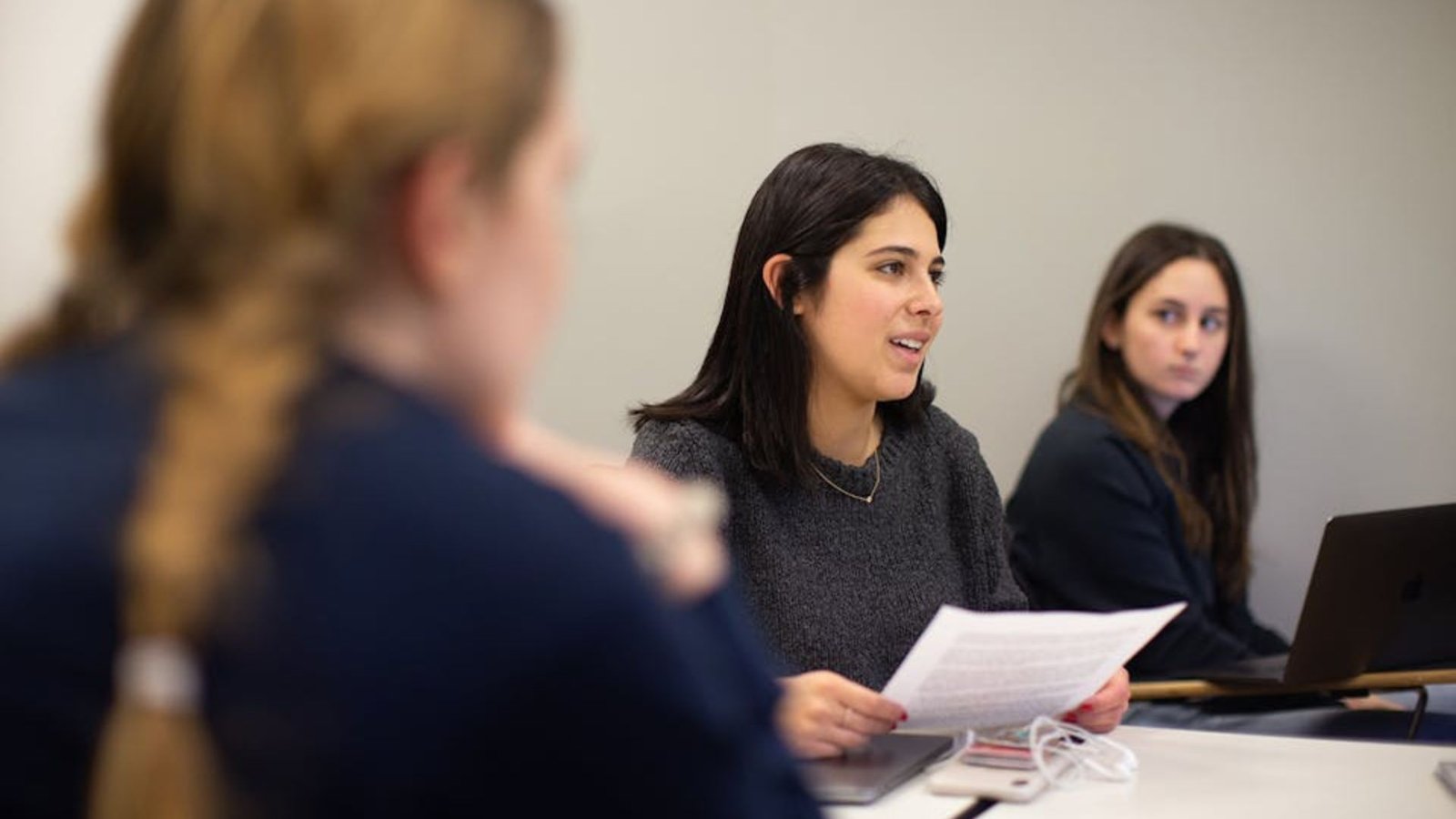Celebrating Jewish diversity means appreciating the rich tapestry of traditions, customs, and practices that vary across different Jewish communities worldwide. This diversity stems from historical migrations, cultural exchanges, and varying interpretations of Jewish law and traditions. Understanding these variations helps foster a deeper appreciation of the global Jewish experience.

Ashkenazi Jewish Traditions
Ashkenazi Jews, primarily from Central and Eastern Europe, have distinct customs and traditions. Their liturgical practices, Yiddish language, and unique culinary delights, such as gefilte fish and challah, highlight their cultural heritage. Celebrating Jewish diversity involves recognizing the contributions and historical experiences of Ashkenazi communities.
Sephardic Jewish Heritage
Sephardic Jews trace their ancestry to Spain and Portugal, later spreading to North Africa, the Middle East, and the Mediterranean. Their traditions include Ladino language, distinctive music, and foods like couscous and pasteles. Understanding Sephardic customs enriches the celebration of Jewish diversity by showcasing their unique cultural and religious practices.
Mizrahi Jewish Customs
Mizrahi Jews, from the Middle East and North Africa, bring vibrant traditions to the Jewish mosaic. Their rich musical heritage, traditional foods like kibbeh and baklava, and unique prayer rituals highlight the diversity within Judaism. Celebrating Mizrahi customs enhances the understanding of the broader Jewish world.
Ethiopian Jewish Community
The Ethiopian Jewish community, known as Beta Israel, offers a unique perspective within Jewish diversity. Their traditions, such as the Sigd festival and distinctive liturgical practices, reflect their ancient heritage. Recognizing the contributions and challenges faced by Ethiopian Jews enriches the celebration of Jewish diversity.
Yemeni Jewish Traditions
Yemeni Jews have preserved ancient traditions and customs, including distinctive musical styles, prayer rituals, and traditional foods like jachnun and malawah. Their unique cultural practices add depth to the understanding of Jewish diversity. Celebrating Yemeni Jewish heritage underscores the importance of preserving ancient traditions.
Indian Jewish Communities
Indian Jews, including Bene Israel, Cochin Jews, and Baghdadi Jews, contribute unique traditions to Jewish diversity. Their customs, such as the Malida ceremony and distinct synagogues, reflect a blend of Jewish and Indian cultures. Understanding Indian Jewish heritage highlights the global nature of Jewish identity.
Chinese Jewish Community
The small but significant Chinese Jewish community, particularly in Kaifeng, showcases another facet of Jewish diversity. Their history, blending Jewish and Chinese traditions, offers a unique perspective on cultural integration. Celebrating this community emphasizes the adaptability and resilience of Jewish identity across diverse cultures.
Latin American Jewish Traditions
Jewish communities in Latin America bring a vibrant blend of traditions influenced by Spanish, Portuguese, and indigenous cultures. Celebrating Jewish diversity involves recognizing these communities’ contributions, from their unique festivals to culinary traditions like empanadas and arepas. Understanding Latin American Jewish heritage enriches the global Jewish narrative.
Jews of the Caucasus
The Jews of the Caucasus, including Mountain Jews and Georgian Jews, have distinct traditions influenced by their geographical and cultural context. Their unique languages, culinary practices, and religious customs contribute to the rich tapestry of Jewish diversity. Celebrating their heritage underscores the regional variations within Judaism.
Jewish Communities in Sub-Saharan Africa
Jewish communities in Sub-Saharan Africa, such as the Abayudaya of Uganda, offer unique traditions and customs. Their integration of Jewish and local cultural practices enriches the understanding of Jewish diversity. Celebrating these communities highlights the global reach of Jewish identity and practice.
Conclusion
Celebrating Jewish diversity involves understanding and appreciating the wide range of traditions, customs, and practices across different Jewish communities. From Ashkenazi and Sephardic to Ethiopian and Indian Jews, each community contributes to the rich tapestry of Jewish life. By recognizing and honoring these variations, we foster a deeper appreciation of the global Jewish experience and ensure the preservation of this vibrant cultural mosaic.




